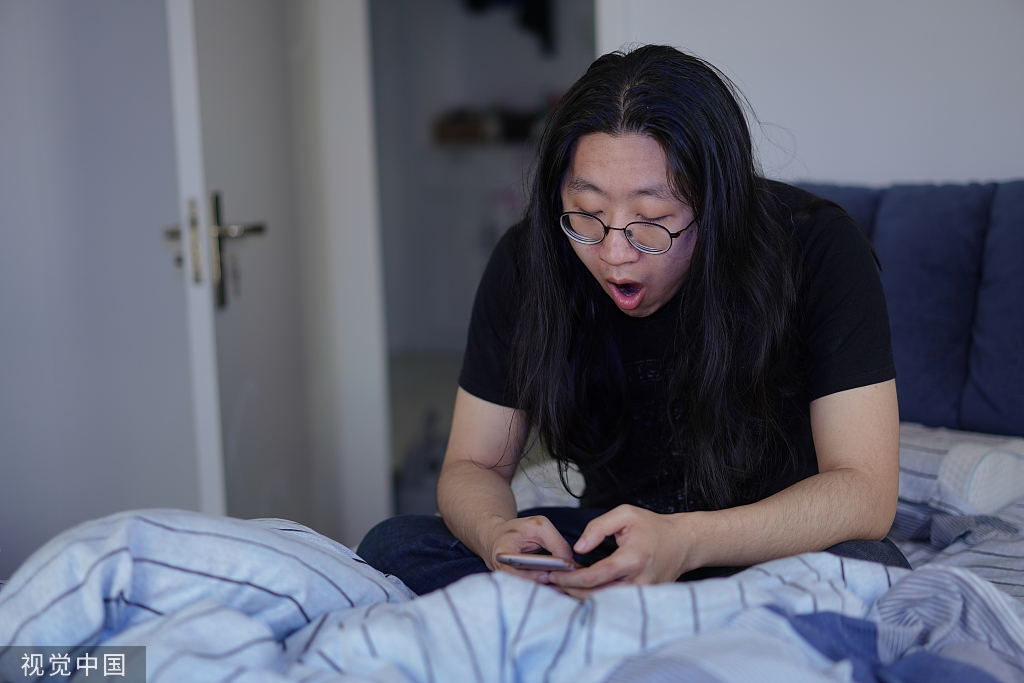Sleep aids products not ultimate cure for insomnia: expert


Sleep-promoting supplements such as melatonin are not a one-size-fits-all solution for insomnia and may cause side effects, said an expert on sleep disorder.
Melatonin mainly functions to alter sleep-wake cycle particularly in cases of shift work systems or jet lags, but has no evident effect on insomnia, and may even impose negative impacts on the human secretion system if used for a long period, said Lu Lin, the director of Peking University Sixth Hospital who specializes in areas including sleep disorders and depression.
He made a presentation themed "Past, Present and Future of Sleep Medicine" celebrating the fifth anniversary of the Sleep Medicine Center, Peking University Sixth Hospital on Monday.
This is a warning as melatonin is increasingly treated as a fix for insomnia by youngsters, who have difficulty falling asleep after they get used to staying up late browsing Weibo or watching shows via electronic products.
Lu advised that instead of spending too much time on electronic products, they can pick up some paper books or develop some other habits that can help you feel drowsy.
Other sleep aids, including sleep-supportive pillows and health care products, may also prove not as effective as many anticipate because they are often exaggerated by commercial advertisements, according to Lu.
When it comes to the necessity to cultivate a sense of ritual, such as keeping the bed tidy, or drinking a glass of milk at bedtime in order to help individuals fall into sleep, Lu said it is fine as an occasional or casual practice, but when it becomes a compulsion, that could be a sign of sleep disorders.
Statistics from a domestic e-commerce platform showed that from January to August, 62 percent of buyers for imported sleep aids are post-1990s consumers, and 85 percent of their purchased products were melatonin.
An article published on The Lancet in 2012 announced that the prevalence of sleep disorders was between 9 and 15 percent.
Sleeping problems caused a total of $45.21 billion direct or indirect economic loss in Australia in 2016 and 2017, which accounted for 6.15 percent of its GDP, according to statistics from Sleep 2018.
The Healthy China 2019-2030 initiative advises students at primary schools have no less than 10 hours' sleep, middle schools nine and high schools eight hours' sleep each day, while adults are suggested seven to eight hours' sleep.
- China welcomes influx of foreign visitors amid winter tourism surge
- Chinese researchers reveal how urban heat sources intensify extreme heat events
- China's clean power shift hailed as scientific breakthrough, spotlighting global leadership
- Ten keywords to highlight China's carbon reduction progress in 2025
- Sichuan breaks 100-m-kw mark in hydropower installed capacity
- 3 killed, 1 injured in South China knife attack




































